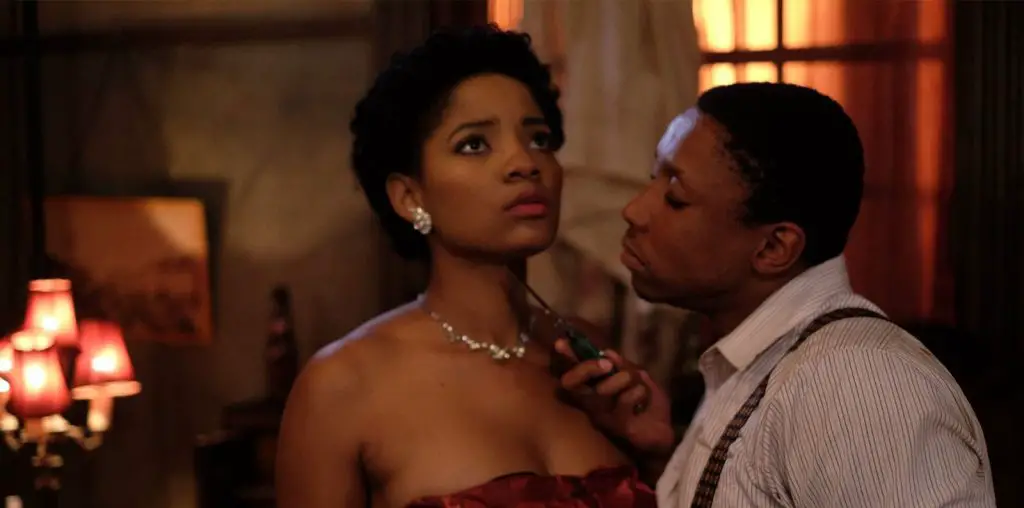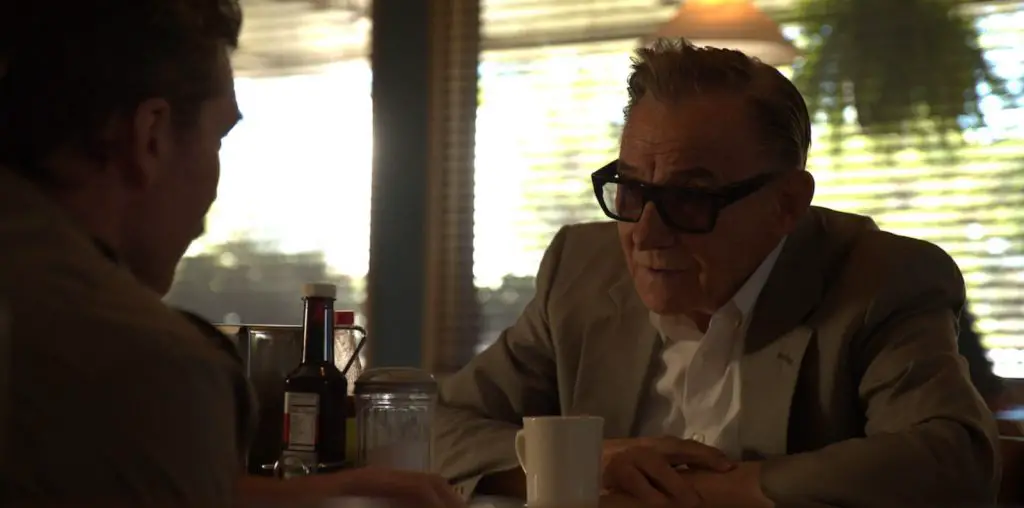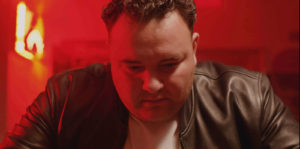
A wildly different take on the gangster movie genre is presented in director Joseph Pupello’s crime thriller Dress Code. Young Bobby Russo (Nicholas Giordano) is raised in an organized crime family by an abusive father. He is being groomed to take over the family business. As an adult coming into his own (now played by Gerard Garilli), Bobby is faced with a mob culture that is highly unforgiving of his secret. It would be a spoiler to say what’s different about Bobby, but know that his father catches on early and tries to beat him into being “normal.”
Meanwhile, Bobby’s mother makes an effort to understand and support him. However, his life is upended when she dies, and he must carry his secret alone. The narrative shifts back and forth between Bobby’s childhood and his adult challenges. Bobby does have another champion in his life, his uncle Rocco (Frank Osso). Rocco is the boss of the family business, and while he doesn’t know Bobby’s secret, he has always loved the kid and looked after him.
Bobby’s relationship with his father deteriorates even further as he becomes more deeply involved in the family business under the mentorship of Rocco. Unfortunately, Bobby is bullied by Rocco’s wise guys, particularly Alphonse (Edward John Socienski), who seems to sense something different about him. As an adult, Bobby has a loving relationship with his girlfriend, Claire (Maria Marinaro), and the continued unwavering support of his uncle. However, with his role in the business evolving, it becomes clear that Bobby won’t be able to keep his secret forever.
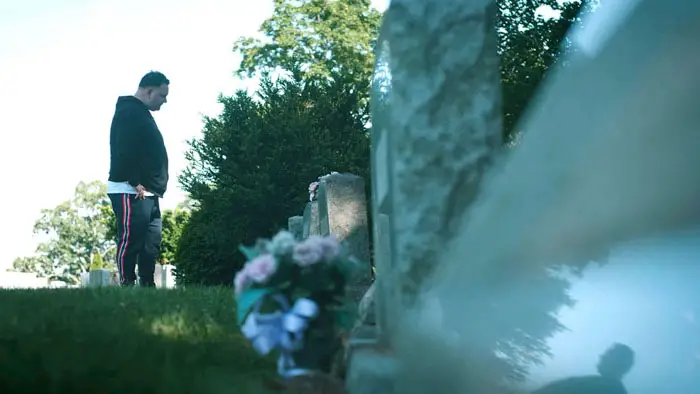
“…with his role in the business evolving, it becomes clear that Bobby won’t be able to keep his secret…”
Filmically, Dress Code offers nothing new when it comes to the mob movie standards. It’s shot at seedy industrial locations in low light, looking like any other lower-budget crime thriller. The dialogue is the same old Jersey Italian tough-guy patter we’ve heard over and over. The familiar, well-worn tropes put the audience at ease, causing them to be more likely to be receptive to Bobby’s secret. The familiarity offsets the unusual road the story takes with the main character.
Bobby, first off, despite being different, is no saint. He’s been raised by a vicious man to be part of a violent culture. Peter Panagos’ screenplay would actually work as a couple of episodes of The Sopranos if Rocco were Tony and Alphonse was Paulie Walnuts. Bobby is initially shocked by the violence. Does he accept the lack of ethics and humanity of mob life or not? The best part of the character is that he learns early how to handle bullies and shows no fear in the face of threats. Garilli’s performance is rock solid.
Dress Code mainstreaming what is generally considered to be a fetish lifestyle is healthy and positive. That said, there is dark humor in the notion that the film seems to state that anyone can become a murdering crime boss, regardless of identity. There are places one never expects to see equality and diversity mentioned, but Pupello and Panagos offer something unique here. It’s a brilliant concept to examine them in every aspect of life.
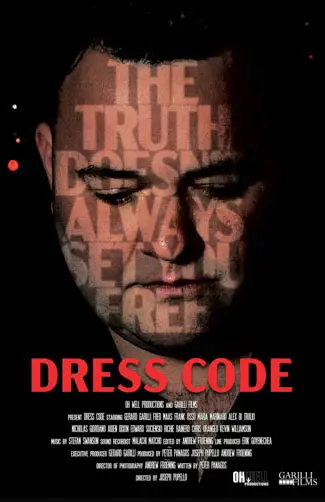
"…mainstreaming what is generally considered to be a fetish lifestyle is healthy..."
